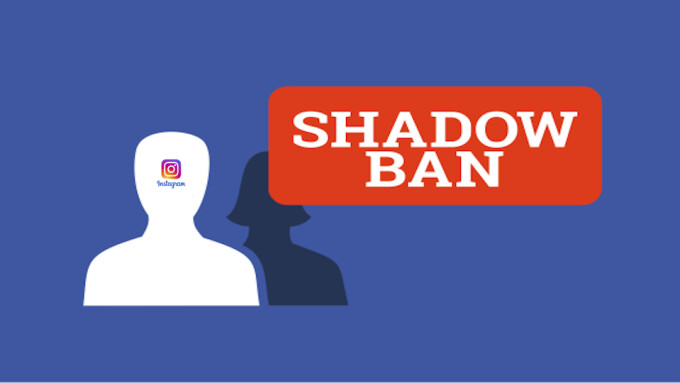MENLO PARK, Calif. — In a move away from Meta’s longtime policy of denying the existence of "shadow bans," Instagram has launched a new tool to let users know if their posts are “barred from being recommended to other users.”
Although Instagram still declines to use the widespread term “shadow-banning,” the announcement of the new tool acknowledges that the company makes decisions on what content to promote and what content to hide, a practice that adult performers and other sex workers have been denouncing for years as discrimination.
According to a BBC News report, Instagram says the new tool “will inform users if there are restrictions on their account because they broke certain rules,” whereas previously, “people were not told if intervention by a platform meant posts did not appear in other people's feeds.”
Instagram Aims to Be More 'Transparent'
Instagram head Adam Mosseri, a Mark Zuckerberg confidant, promoted to the position after the Meta leader pushed out Instagram’s founders, said in a video statement that the decision to launch this tool “was about transparency.”
The accounts of users who post content that violates Instagram's "recommendability" guidelines, Mosseri elaborated, "can end up in a state where it's not eligible for your photos and videos to show up" in recommendations.
According to BBC News, Instagram users “will be able to edit or delete posts which have fallen foul of the platform's rules. They will also be able to appeal to Instagram if they feel any content has been flagged in error. People can check the status of their account in the Instagram app by selecting their profile, opening the menu, then selecting: settings, account, and account status.”
Online moderation expert Dr. Carolina Are, a researcher at the Centre For Digital Citizens at Northumbria University and a pole dancing content creator, told BBC News, “Instagram has historically had a major issue with people having posts 'hidden' without their knowledge. The platform did not notify us about shadow banning. For ages, Instagram denied that it was ever a thing.”
Are also said she believes shadow-banning “has had a disproportionate impact on marginalized communities.”






